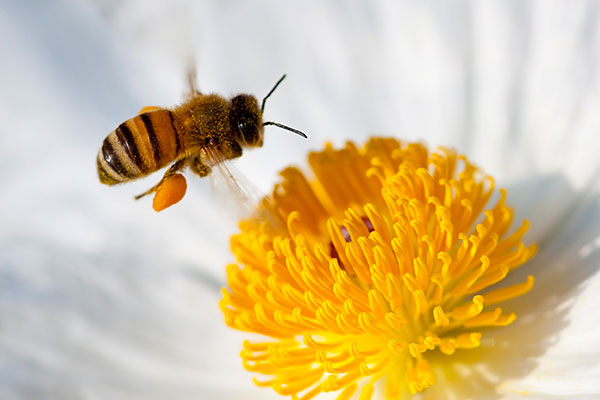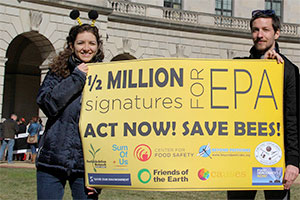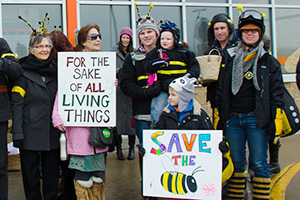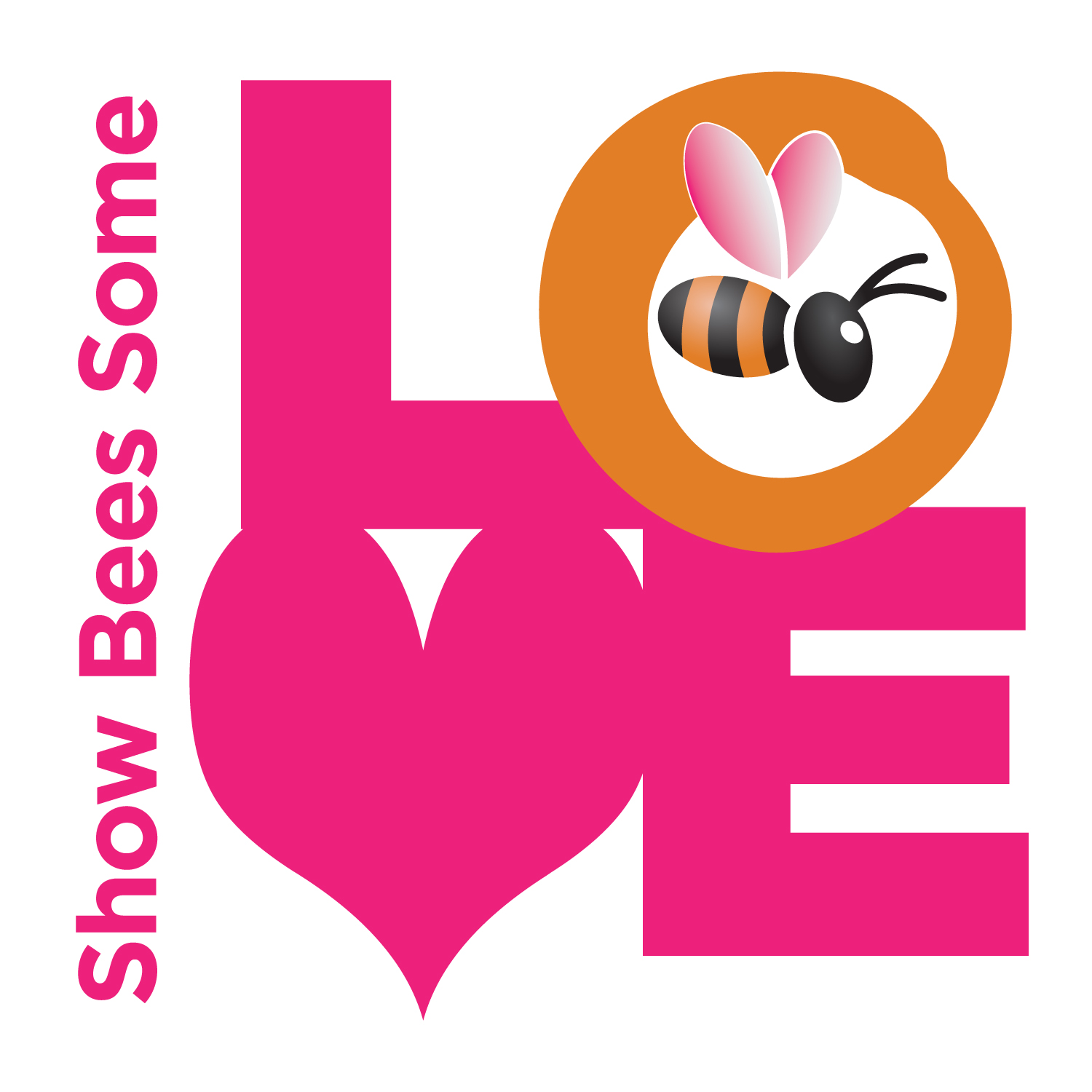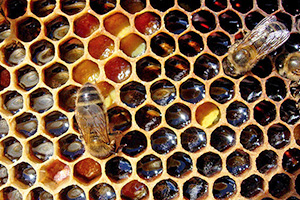Posted at 20:09h
in
Uncategorized
It's no surprise: pesticide corporations go to great lengths to protect the public image of their products. We've been highlighting their PR hijinks for years, and their attempts to spin facts to suit their agenda have only gotten more blatant.Bees and pesticides provide the latest example. Corporate attempts to reframe the conversation, and subvert independent science, have gone into hyperdrive....
Posted at 00:00h
in
Uncategorized
Farmers have been saying it for years: it's nearly impossible to find corn seed that isn't pre-treated with neonicotinoid pesticides. At a Congressional briefing in DC last week, Dr. Christian Krupke of Purdue University presented hard data to support what farmers are reporting: 94% to 98% of corn seed in the U.S. is pre-treated with neonics. This is particularly bad...
Posted at 00:00h
in
Uncategorized
Pressure on the Environmental Protection Agency to safeguard bees continues to grow stronger. Today in DC, PAN joined partners to hand deliver a message from more than half a million people to EPA Administrator Gina McCarthy: Step up and prioritize protecting bees from harmful pesticides.Even though independent studies clearly show that neonicotinoid pesticides (or "neonics") are hazardous to bees, EPA...
Posted at 00:00h
in
Uncategorized
Last Wednesday morning, thirty people braved the cold to swarm a Minneapolis Home Depot, asking the store to “show bees some love” on Valentine’s Day.Babies in bee suits, beekeepers on bicycles, and a slew of other Minnesotans were eager to urge home garden stores to stop selling bee-harming neonicotinoid pesticides — and plants pre-treated with "neonics." Retailers like Home Depot...
Posted at 00:40h
in
Uncategorized
This week, bee lovers across the country will be “swarming” Home Depot and Lowe’s stores, calling on these major home garden retailers to stop selling pesticides that are harmful to bees.Last August, a pilot study from Friends of the Earth found that many bee-friendly plants sold at Home Depot and Lowe’s come pretreated with neonicotinoids, insecticides that are a key...
Posted at 00:00h
in
Uncategorized
Neonicotinoid pesticides (or neonics) continue to gain notoriety as a driving factor in declining bee populations. But a mounting body of evidence also shows that neonics aren’t the only class of pesticides harming these critical pollinators.A report released this week — by researchers from Penn State and the University of Florida — helps build a case that several pesticides commonly...


